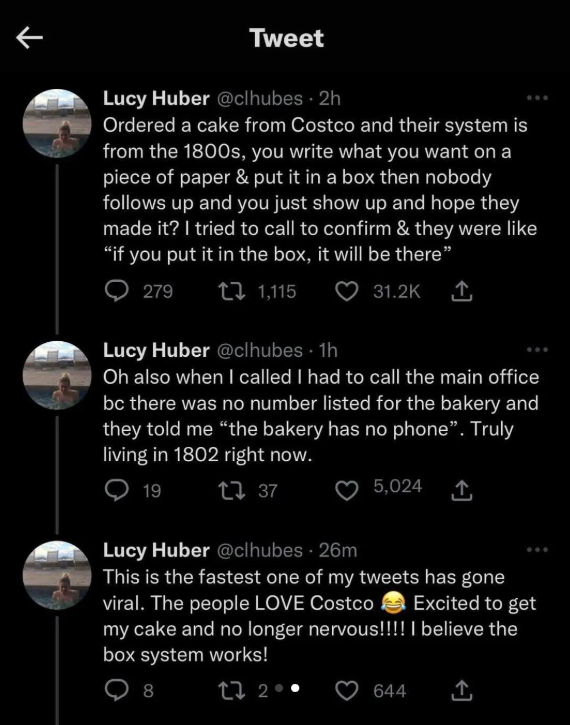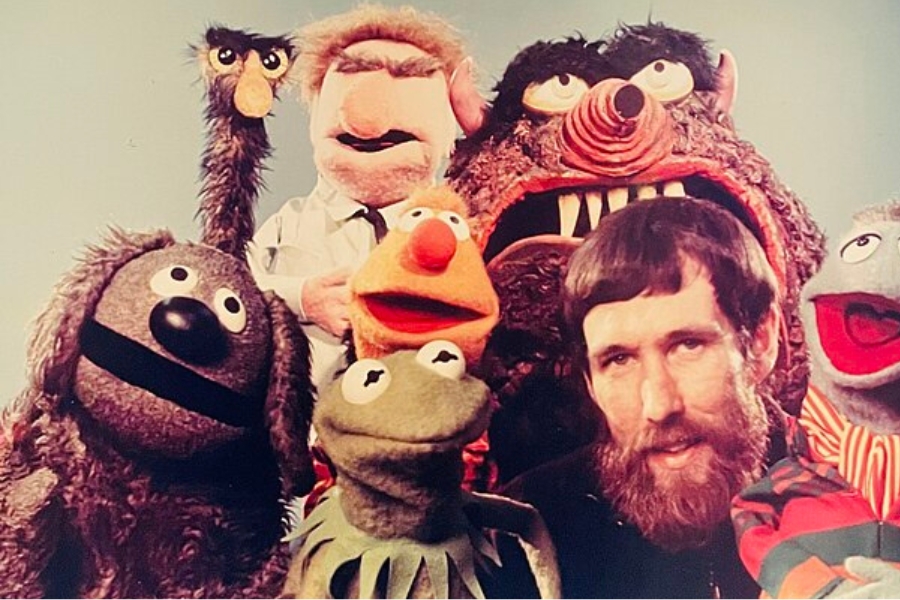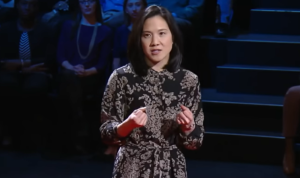There are a lot of things young people hate about the way older folks communicate, especially over text. There’s the boomers’ overuse of ellipses, the parents’ insistence on using periods and other proper punctuation, and perhaps most hated of all, the thumbs up emoji.
Gen Zers find the simple thumbs up to be passive-aggressive. Why? It’s sometimes viewed as a low-effort reply to a text, email, or instant message. It can be seen as dismissive or abrupt, especially for generations like older Gen Zs and younger millennials who are hyperaware of our tone in digital communication and probably overuse exclamation points as a way of placating the recipient.
When you’re used to writing and receiving chirpy messages like Happy to help! and No worries!, the humble thumbs up can feel rude in comparison—even though it’s meant to be a positive response.
Gen Zers have been campaigning against the thumbs up for years now, and recently, one of them decided it was time to call the fight and declare victory.
In a tongue-in-cheek LinkedIn post, Yanni Pappas proudly proclaimed that “Gen Z has successfully canceled the thumbs-up emoji ( ), and I am SO proud of us for this win. We’ve been fighting for years, and our hard work has finally paid off. This is truly one of our best contributions to society.”
Pappas’ post struck a serious nerve with LinkedIn users, racking up over 800 comments and thousands of likes (which, ironically, are signified by a thumbs up).
Pappas’ Gen Z peers (and a few generational defectors) were quick to chime in with their elation over the news:
“I honestly loathe it. Am I being dramatic for thinking it’s basically the corporate middle finger?”
“[the thumbs up] stresses me OUTTTTT, so thank you for canceling it Gen Z,” wrote one self-described millennial.
“Another step forward toward abolishing passive aggressiveness”
But before the celebration could get too far, Gen Xers got wind of the news and stormed in with their trademarked brands of sarcasm and stubbornness.
In true Gen X fashion, they went out of their way to be as purposefully passive-aggressive in their replies as possible. In addition to the many of them that simply replied with a thumbs up (Pappas walked right into that one) here’s a small sampling of the replies:

“GenX here. We’re ignoring you and using it any way. “
” ty for the update”
“You used it twice in your message. It’s not going anywhere.”
“You can pry my from my cold, dead hands.”
“Gen Z does not have the authority to cancel. Please respect your elders.”
Jennifer George probably had the most on brand reply when she simply wrote, “ok.”
(Every generation knows that a typed out “OK” might as well be a giant middle finger.)
All jokey inter-generational wars aside, understanding how our tone might be interpreted by others is an important topic—both in our personal lives and in the workplace. Miscommunications in digital form can cause serious conflict that could easily be avoided.

One poll found that Americans overwhelmingly find their workplaces to be passive-aggressive, and that such behavior is actually incentivized by modern office culture (As per my last email, anyone?). Roughly half of people surveyed would consider quitting their job if a coworker, client, or manager was consistently being passive-aggressive.
The same survey ranked the most passive-aggressive text messages phrases:
- “K”
- “Nevermind”
- “???”
- “Fine”
- “Sure”
- “Yup”
- “Ha”
- “No worries”
- “IDK”
Emojis can be loaded with problematic undertones or inadvertent meanings. “Hearting” a message at work might not always be viewed as appropriate, for example. Even simple emojis like a smiley face, while not offensive or aggressive, could be viewed as unprofessional.
The biggest problem, though, is that emojis have become so commonplace that they often leave the other person feeling unseen.
Sascha Kirpalani, an adolescent and adult psychotherapist, tells Mint, “You feel this pressure to respond to a message but don’t have the emotional bandwidth to frame a response at the time so you leave an emoji to at least acknowledge it.” Kirpalani adds that in this day and age of easy “reacjis” (using an emoji to react to a message), written words feel far more impactful and special to the recipient.
Ashley Carman of The Verge agrees. “Messages that only get a ‘read’ or a ‘reaction’ feel like unacknowledged bids for attention. You’re typically sharing or saying something because you want to connect with a person over something you sent, whether it’s a link to a story, a meme, or a ‘what’s up.’ A reaction is equivalent to a head nod in response. If that happened in person, it’d be really strange! People expect to hear something in return for their reach-out, at least I do.”
When the thumbs up emoji was first invented in 1999 (though it didn’t become standard and widespread until about 2010), it was a cute and fun visual shorthand to inject into conversation. But now “reacjis” have become the lowest-effort way you can possibly engage with another person, to the point that they’re almost meaningless. Worse than meaningless, actually. Psychology Today adds that, “Zoomers perceive the thumbs-up emoji as a hostile gesture because overuse of a positive tends to lead to insincerity, which becomes a negative.”
Two things can be true: Gen X and other thumbs-up lovers can be more aware of the ways in which their texting comes across as rude or dismissive. Instead of a thumbs up, how about taking five seconds to type out “That sounds great,” or “Sounds good to me!”?
The younger generations, for their part, could be a little less sensitive to older folks with different and very valid communication styles. Just like how boomers grew up writing postcards where ellipses were used to save space, Gen Xers came up in a time where a smiley face or thumbs up didn’t have any secret passive-aggressive meaning.
Language evolves over time—there’s nothing we can do about that, and emojis are now a part of that language. It’ll be fascinating to see how the words, phrases, and symbols Gen Z has adopted one day mean something completely different to the younger Gen Alpha.























